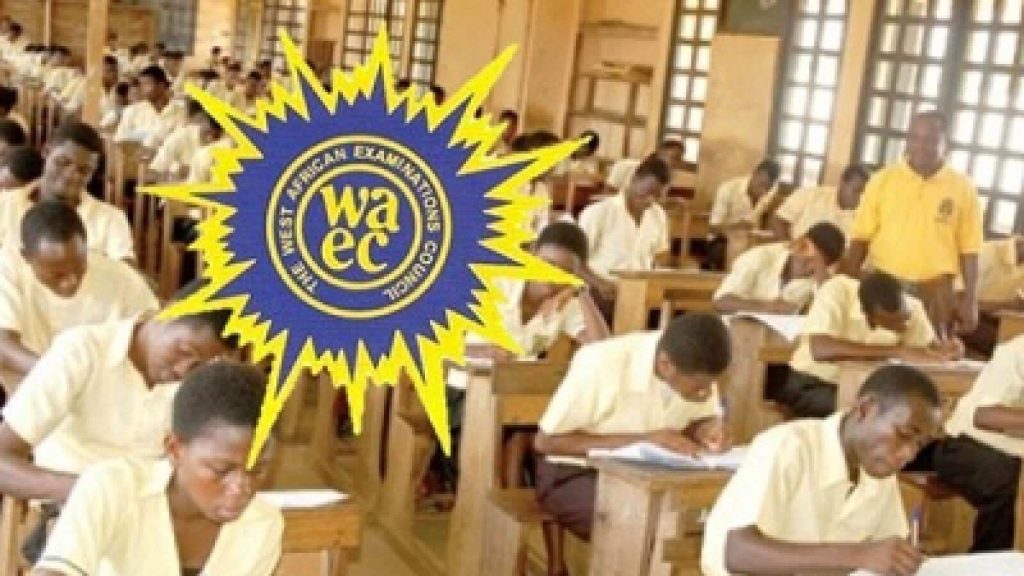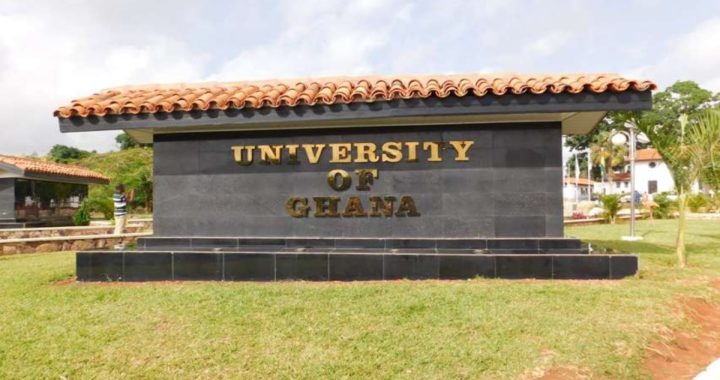WAEC to Serialise 2023 WASSCE subjects for School Candidates

The West African Examination Council (WAEC) to serialise subjects in 2023 WASSCE for School Candidates when the council begins to administer the main exam papers.
The West African Examinations Council (WAEC) therfore has announced that it will be serializing some selected questions in the 2023 West African Senior High School Certificate Examination (WASSCE). This is a new measure being taken by WAEC to curb exam malpractices.
Serializing questions means that all candidates in the same hall will receive the same question, but with different question numbers. This will make it more difficult for candidates to cheat, as they will not be able to simply copy answers from their neighbors.
The Head of Public Affairs at WAEC, John Kapi, said that the chosen subjects will be serialized because those subjects are considered to be “high stake.” This means that they are important subjects that could have a significant impact on a candidate’s final grade.
Kapi also said that serializing questions is a “very expensive venture” and that it is “time-consuming.” However, he said that WAEC believes that the benefits of serializing questions outweigh the costs.
A total of 447,204 candidates drawn from 975 schools are expected to sit for this year’s WASSCE. WAEC hopes that serializing questions will help to ensure that the examination is fair and that all candidates have an equal opportunity to succeed.
Here are some additional details that can be added to the paraphrased text:
- Serializing questions is a common practice in many other countries, and it has been shown to be an effective way to curb exam malpractice.
- WAEC has been working on this new measure for several years, and it is confident that it will be successful.
- The serializing process will be overseen by a team of experienced examiners, and all of the questions will be carefully reviewed to ensure that they are fair and unbiased.
- WAEC is committed to ensuring that the WASSCE is a fair and transparent examination, and it believes that serializing questions is an important step in achieving this goal.
READ: 2023 WASSCE Elective Mathematics – July Elective Trial Mock Questions
Serializing exam papers means that the same question is given to all candidates, but with different question numbers. This makes it more difficult for candidates to cheat, as they cannot simply copy answers from their neighbours.
For example, let’s say that there are 100 candidates taking an exam, and there are 10 questions. If the questions are not serialized, then all 100 candidates would receive the same 10 questions, and it would be easy for them to cheat by copying answers from each other.
However, if the questions are serialized, then each candidate would receive a different subset of the 10 questions. For example, one candidate might receive questions 1, 3, 5, 7, and 9, while another candidate might receive questions 2, 4, 6, 8, and 10. This would make it much more difficult for candidates to cheat, as they would not be able to simply copy answers from their neighbours.
Serializing exam papers is a common practice in many countries, and it has been shown to be an effective way to curb exam malpractice. It is a more expensive and time-consuming process than simply printing the same exam papers for all candidates, but the benefits outweigh the costs.
Here are some other practical examples of serializing exam papers:
- In a mathematics exam, all candidates might receive the same set of 10 questions, but the order of the questions would be different for each candidate.
- In a science exam, all candidates might receive the same set of 10 questions, but the answers to the questions would be different for each candidate.
- In an English exam, all candidates might receive the same set of 10 passages, but the questions that are asked about the passages would be different for each candidate.
Serializing exam papers is a valuable tool for ensuring that exams are fair and that all candidates have an equal opportunity to succeed.
Send Stories | Social Media | Disclaimer
Send Stories and Articles for publication to [email protected]
We Are Active On Social Media
WhatsApp Channel: JOIN HERE
2024 BECE and WASSCE Channel - JOIN HERE
Facebook: JOIN HERE
Telegram: JOIN HERE
Twitter: FOLLOW US HERE
Instagram: FOLLOW US HERE
Disclaimer:
The information contained in this post on Ghana Education News is for general information purposes only. While we endeavour to keep the information up to date and correct, we make no representations or warranties of any kind, express or implied, about the completeness, accuracy, reliability, suitability or availability with respect to the website or the information, products, services, or related graphics contained on the post for any purpose.



 How to buy UG Admission Voucher with Momo/Shortcode
How to buy UG Admission Voucher with Momo/Shortcode  Top 5 Universities in the Netherlands for Masters Studies
Top 5 Universities in the Netherlands for Masters Studies  John Mahama Lists Plans for Education Sector When he is Voted for
John Mahama Lists Plans for Education Sector When he is Voted for  The Poll Tax Ordinance of 1852
The Poll Tax Ordinance of 1852  Asogli State rejects renaming Ho Technical University after Ephriam Amu
Asogli State rejects renaming Ho Technical University after Ephriam Amu